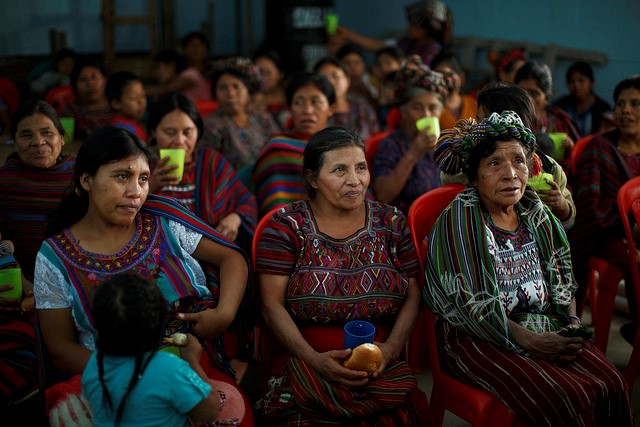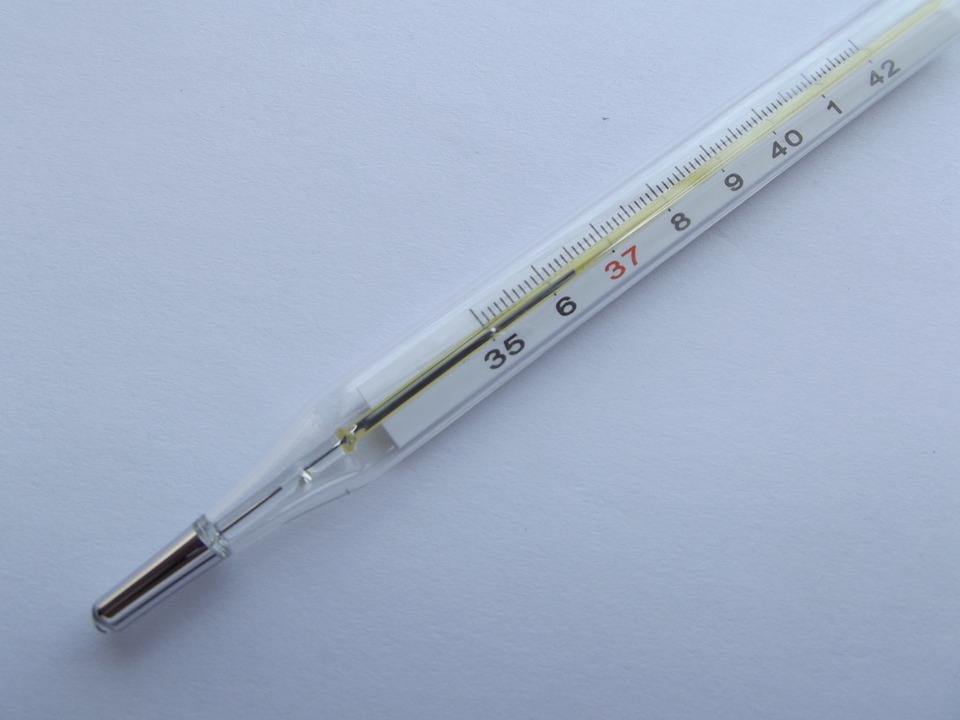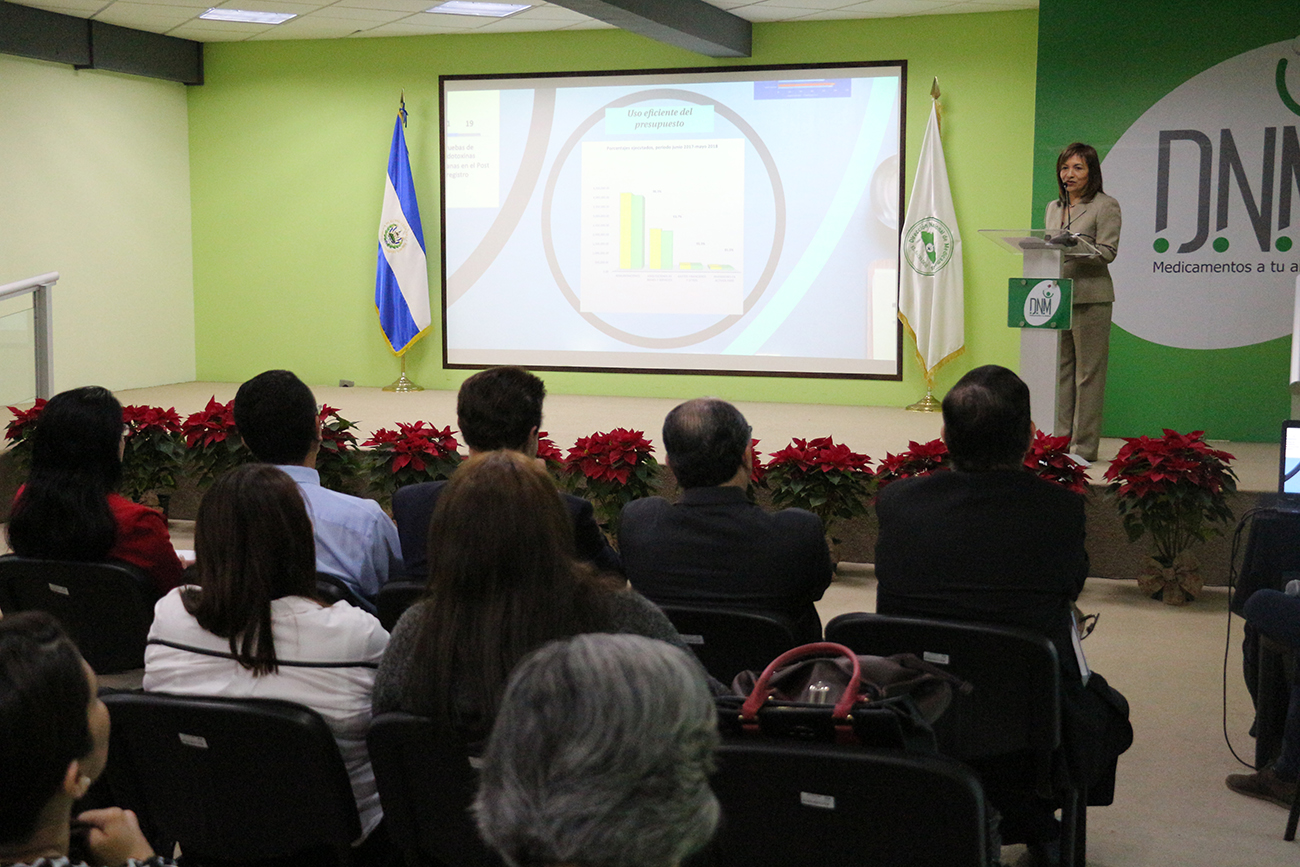Health Canada has launched an e-Learning tool to aid in understanding the premarket regulatory requirements for medical devices in Canada
March 19, 2019
Our file number: 19-101967-390
Under the Regulatory Review of Drugs and Devices initiative, Health Canada is increasing the efficiency of the regulatory system and supporting timely access to therapeutic products. As part of this initiative, Health Canada is pleased to announce the launch of the e-Learning tool, Understanding How Medical Devices are Regulated in Canada – Premarket Regulation.
This web-based tool, designed as an interactive learning platform, offers an overview of Health Canada’s premarket regulatory requirements for medical devices. It also provides targeted guidance to enable greater consistency in the understanding, interpretation and application of the Food and Drugs Act, the Medical Devices Regulations and their related policies and guidelines.
The tool serves as a valuable, comprehensive, and organized source of premarket regulatory information for various medical device stakeholder groups, including manufacturers, importers, distributors, consultants, healthcare groups, and academia. By providing e-Learning content to manufacturers and other relevant stakeholders, it is expected that the completeness and quality of Medical Device Licence applications will improve, thereby resulting in more positive, and more timely, regulatory decisions.
Health Canada encourages and invites stakeholders to utilize and benefit from this new educational tool.
Questions or concerns regarding this notice or the e-Learning tool should be directed to the Medical Devices Bureau at hc.mdb.enquiries-enquetes.bmm.sc@canada.ca.






